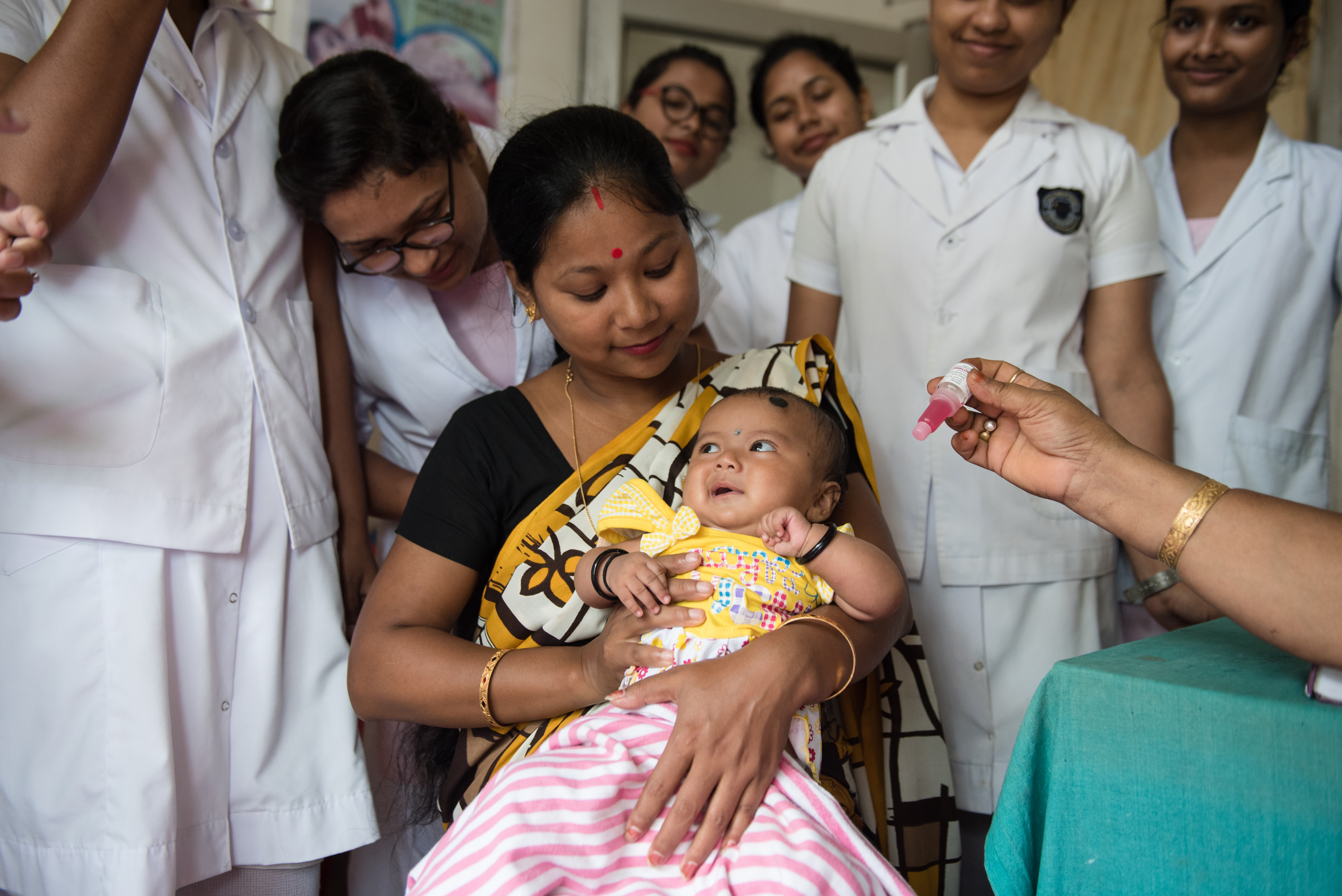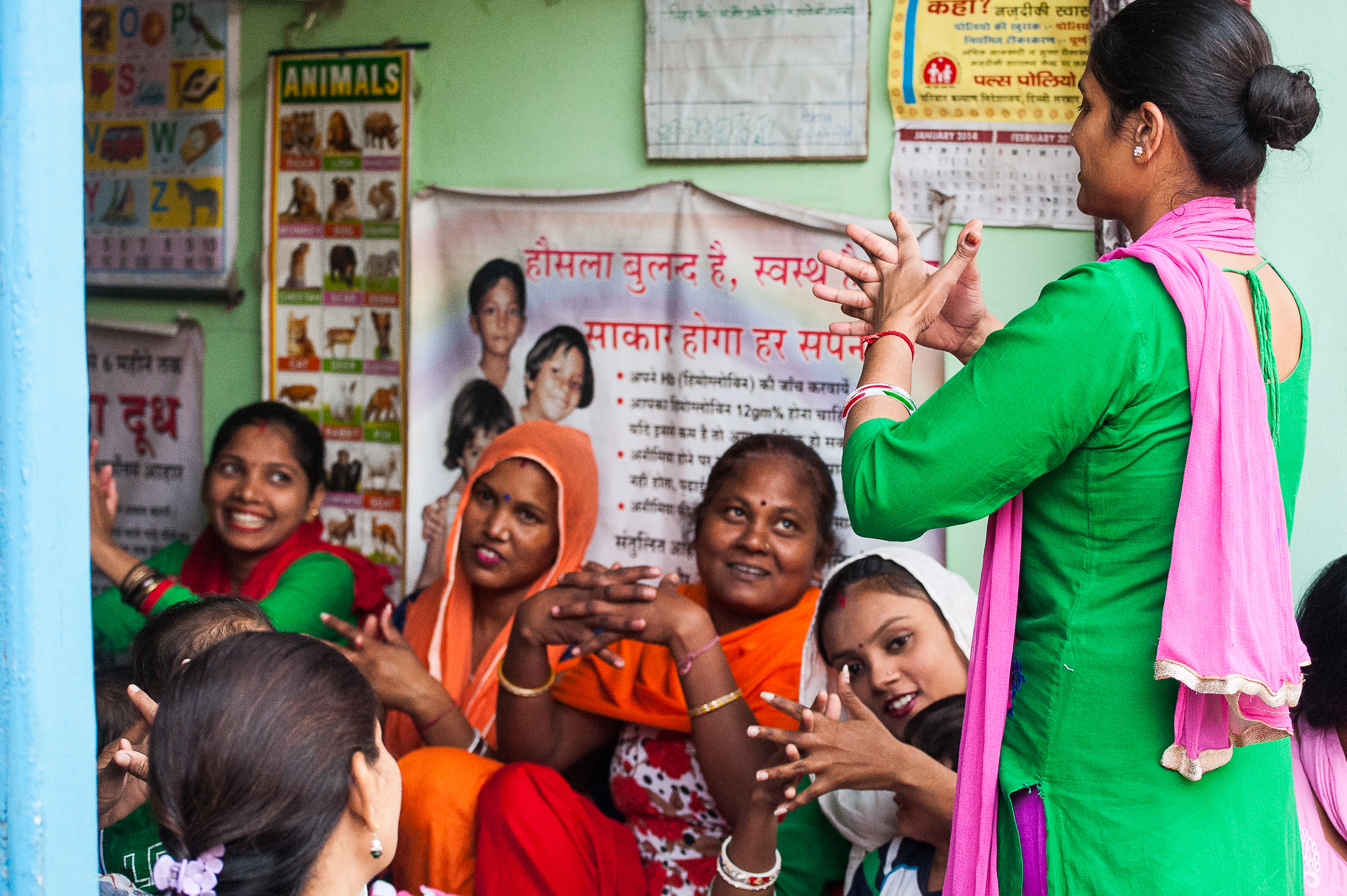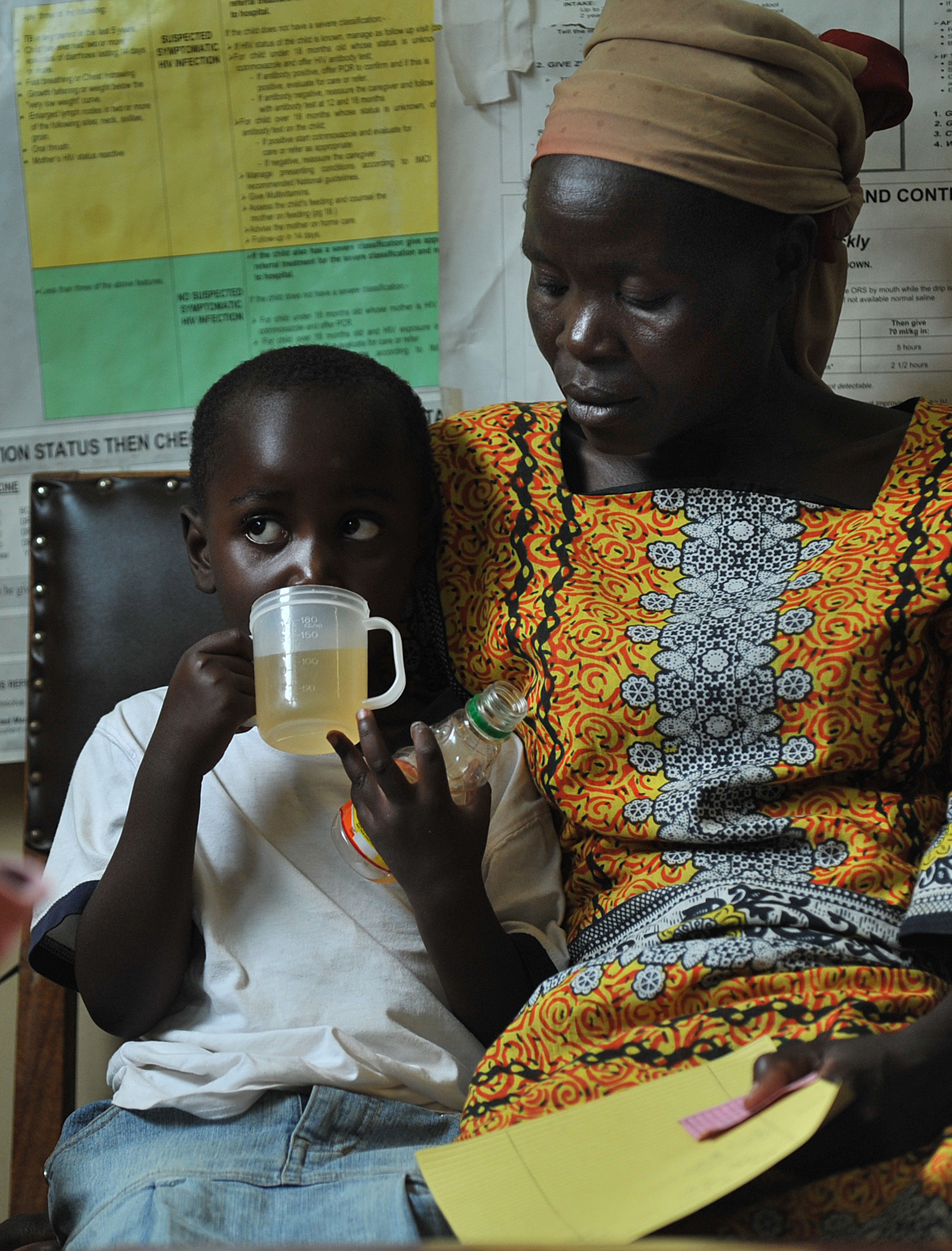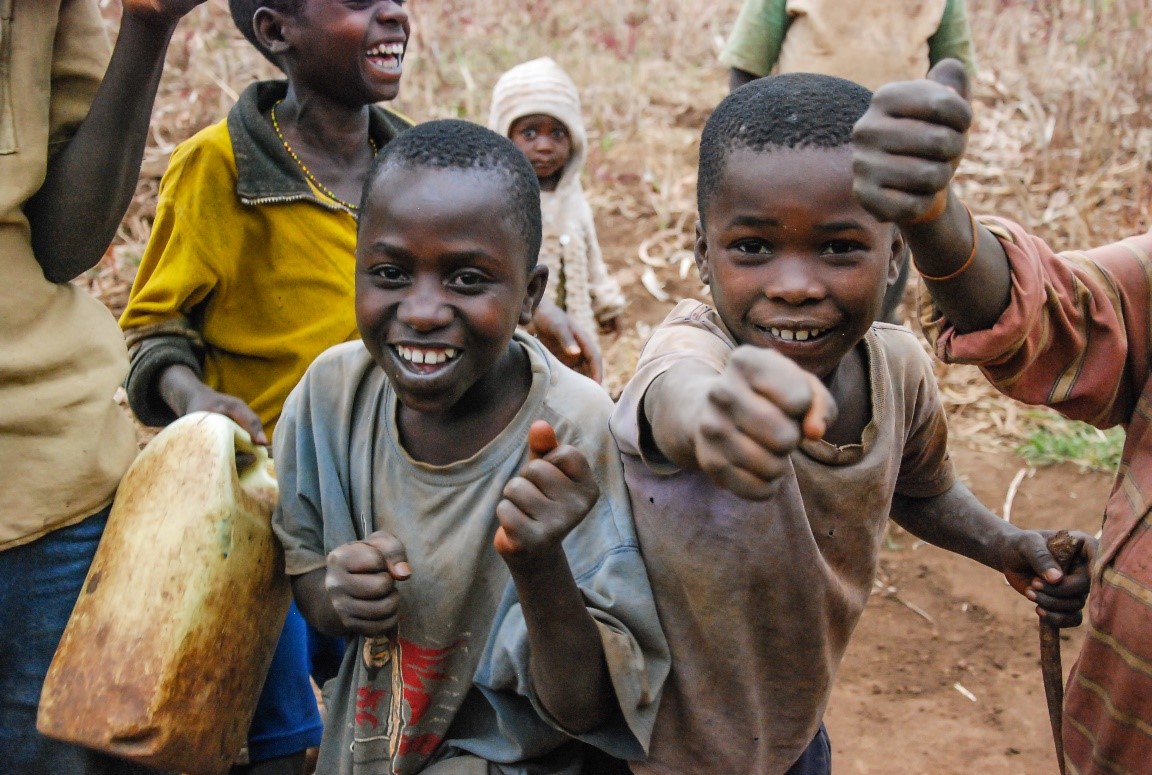Maintaining progress against pneumonia and diarrhea in a COVID-19 world
|

Although we have seen incredible progress with notable declines in childhood mortality over the last 20 years, two of the leading killers - pneumonia and diarrhea - continue to claim the lives of over 1 million young children each year. Pneumonia and diarrhea share many of the same determinants, and both diseases are most common in areas struggling with poverty and lack of access to basic health resources.
The vast majority of pneumonia and diarrhea deaths are preventable with proven interventions, like routine immunizations, medical oxygen for pneumonia treatment, and ORS and zinc for diarrhea treatment. Yet, these critical interventions continue to remain out of reach to those who need them most. Additionally, children living in countries that already bear a disproportionate burden of pneumonia and diarrheal disease must now also contend with cascading impacts of the COVID-19 pandemic.
For over 10 years, the annual Pneumonia and Diarrhea Progress Report published by the International Vaccine Access Center (IVAC) at the Johns Hopkins Bloomberg School of Public Health has tracked data related to 10 key indicators to monitor efforts to prevent and treat childhood pneumonia and diarrhea. In this year’s report, we highlight several notable achievements where significant progress is being made to ensure that more children are receiving care to ultimately reduce the toll of these preventable illnesses. We also focus on one area—access to medical oxygen—where a lack of progress is extremely concerning given the COVID-19 pandemic’s stresses on health systems.
Indonesia plans to introduce PCV into routine immunization program
The government of Indonesia will protect the 5 million babies born in the country each year by delivering pneumonia conjugate vaccine (PCV) nationwide by 2024. Through Gavi’s Advance Market Commitment (AMC) mechanism, Indonesia will now be able to access pneumococcal vaccines that fight childhood pneumonia for a quarter of the previous cost, paving the way for universal access to PCVs.
India completes nationwide rotavirus vaccine introduction
In 2019, India completed the “100-days agenda”—an unprecedented national scale-up of rotavirus vaccine across the entire nation. India's birth cohort of 26 million children each year will receive three doses of rotavirus vaccine, preventing millions of cases of life-threatening diarrhea.
ORS+zinc co-packaging propels progress in country access
“Together, ORS and zinc prevent the majority of deaths caused by diarrhea. As more vulnerable children gain access, moments of marvel are increasingly eclipsing moments of despair.” - Dr. Mathu Santosham (Johns Hopkins School of Public Health) and Alfred Ochola (PATH)
Heralded as a landmark decision that will advance the prevention and treatment of childhood diarrhea deaths, WHO added co-packaged ORS and zinc to the Model List of Essential Medicines for Children (EMLc) in 2019. Recent evidence from several countries shows that, with the use of the co-pack, scaling-up use of ORS and zinc is possible in high-burden countries. Lessons from Zambia and elsewhere can serve as a guide to other countries.
Access to medical oxygen for pneumonia and COVID-19 falls short
On average, a child under five dies of pneumonia every 39 seconds somewhere in the world. Studies have found that just one in five children hospitalized with pneumonia actually receive the oxygen they need. It’s estimated that closing the resource gap for oxygen could prevent more than 148,000 child pneumonia deaths each year. The COVID-19 pandemic has served as a startling wake-up call to governments, private sector partners, and the global health community that access to medical oxygen is an essential service that all health systems must aim to provide.
We can’t afford to lose progress
Video: Vaccination against pneumonia prevents illness and financial hardship for families like Gita and Sahan.
The COVID-19 pandemic has the potential to catastrophically disrupt delivery of vital health care services, widening the dramatic existing disparities within and across nations. Without access to essential prevention and treatment services, the world’s most vulnerable children may fall even further behind. Investments in these proven prevention, treatment, and protection interventions have reduced child mortality, but with over 1 million young children still dying of pneumonia and diarrhea every year.
We cannot allow our commitment to stall or diminish. The work needed to ensure no child dies of these preventable diseases still remains ahead of us. Will you join us?
Learn more
- Read the 2020 Pneumonia and Diarrhea Progress Report
- Watch three short documentaries on the financial impact of childhood pneumonia on families: Sarita's Story, Tej and Reshma’s Story, Gita’s Story
- Prevent COVID-19’s cascading impacts on child health: Carrying Children through COVID-19 and Beyond













